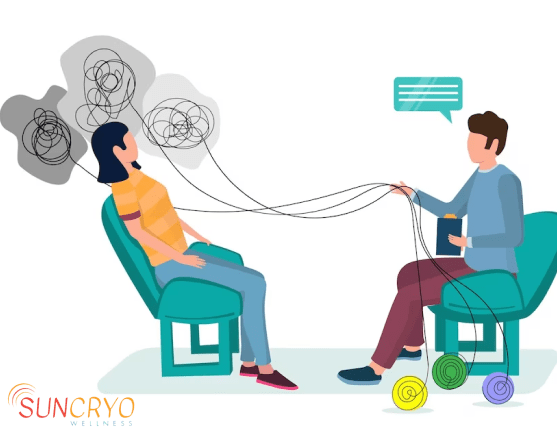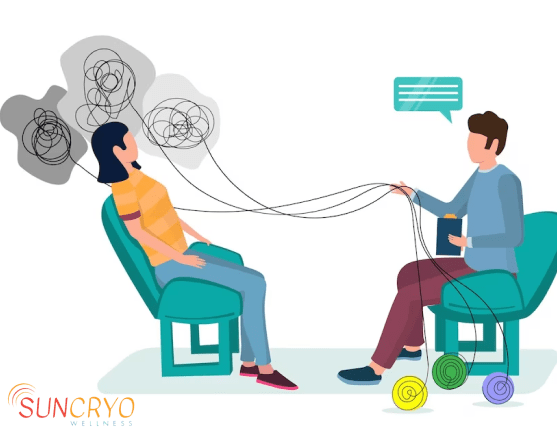Psychological Treatments

When it comes to managing low back pain, a comprehensive approach encompassing both physical and psychological treatments can yield significant results. At [https://georgetownsuncryo.com/], we believe in offering well-rounded solutions that address the root causes of low back pain, considering the interplay between physical discomfort and psychological well-being. In this article, we delve into the realm of psychological treatments that have proven to be effective in treating low back pain, offering you a comprehensive guide to improving your quality of life.
Understanding the Mind-Body Connection
Modern medical research has illuminated the strong connection between our mental state and physical health. Chronic pain, including low back pain, is often exacerbated by psychological factors such as stress, anxiety, and depression. By acknowledging and addressing these psychological aspects, individuals can experience a more holistic and lasting relief from their discomfort.
Cognitive Behavioral Therapy (CBT)
Cognitive Behavioral Therapy (CBT) is a gold-standard psychological treatment that has demonstrated remarkable success in managing low back pain. CBT helps individuals identify and modify negative thought patterns and behaviors that contribute to pain perception. Through guided sessions, patients learn coping strategies, stress reduction techniques, and relaxation methods that can alleviate low back pain symptoms.
Mindfulness Meditation
Mindfulness meditation has gained significant attention for its positive impact on pain management. By cultivating a heightened awareness of the present moment, individuals can distance themselves from pain sensations and foster a sense of acceptance. Regular mindfulness practice has been linked to reduced pain intensity, improved pain coping mechanisms, and enhanced overall well-being.
Biofeedback Training
Biofeedback training empowers individuals to gain control over physiological responses that are often involuntary, such as muscle tension and heart rate. By using specialized equipment, individuals can visualize these responses in real time, making it possible to regulate them consciously. This technique can be particularly beneficial for low back pain sufferers, as it allows them to relax muscles and mitigate pain triggers.
Social Support and Group Therapy
Human connection and social support play a pivotal role in psychological well-being. Engaging in group therapy sessions, where individuals can share their experiences and learn from one another, can provide a sense of belonging and understanding. Additionally, support from peers who are facing similar challenges can alleviate feelings of isolation and empower individuals in their pain management journey.
Conclusion
Incorporating psychological treatments into the management of low back pain is a proactive and effective approach to achieving long-term relief and improved quality of life. At [https://georgetownsuncryo.com/], we recognize the significance of addressing both the physical and psychological aspects of pain, and we’re dedicated to providing you with the tools and knowledge needed to overcome low back pain. Remember, a well-informed and comprehensive strategy is key to not only managing pain but thriving in your daily life. https://www.apa.org/topics/psychotherapy/approaches
